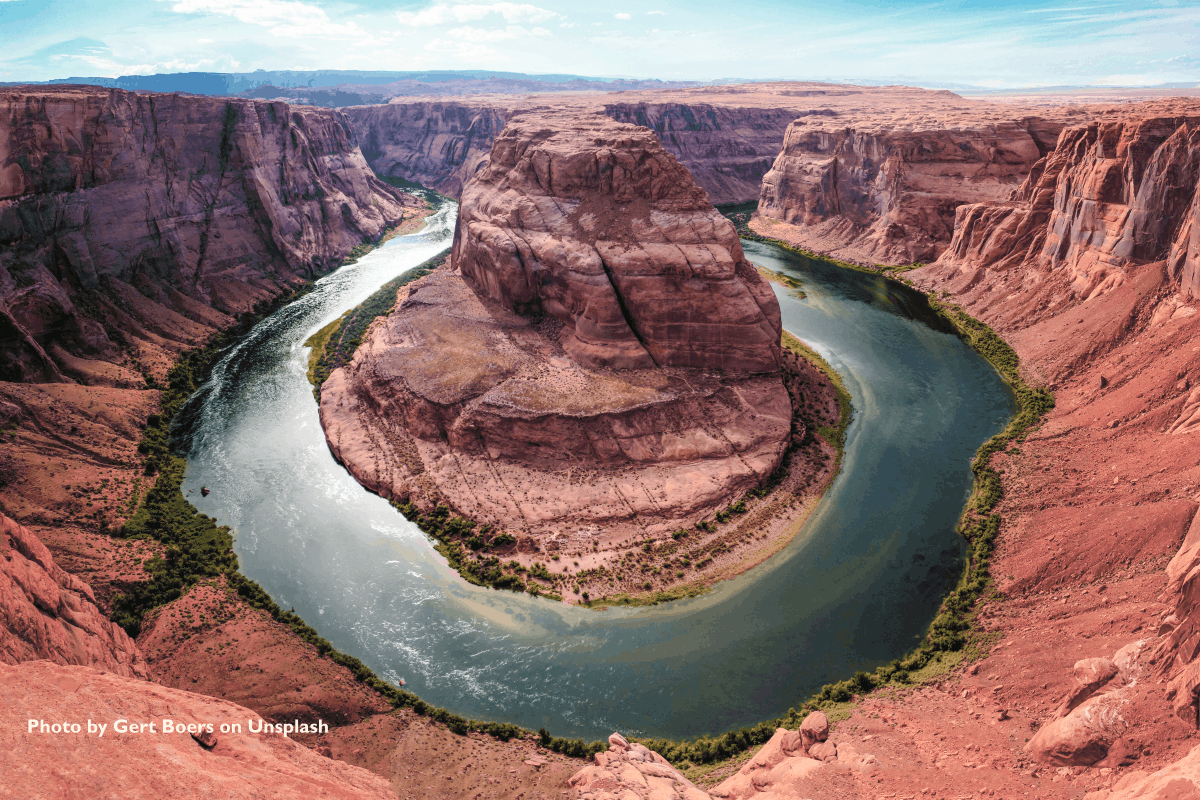A couple of weeks ago I watched my computer screen in abject horror attempting to make sense of what I was seeing. Hurricane Dorian had stalled over The Bahamas.
How does one adapt and flow when that happens?
Occupy Sanity Tool: Adaptation
I understand the destructive capabilities of a Category 5 hurricane. Even though I was only four years old, I remember the night vividly in 1960 when Hurricane Donna, only a Category 3, hit Miami.
My parents decided to ride out the storm in our home. They consulted longtime Miami residents for advice on how best to survive a hurricane. I only remember two: board up any large windows and during the storm listen to which direction the wind was blowing. Then they were instructed to open or close the jalousie windows on the opposite side to reduce the pressure in the house. However, my most significant memory is waking up in the middle of the night from a dream about a massive gorilla roaring as it chased me through the jungle. In reality, it was the sound of the wind roaring all around the house.
Adapt and Flow
Even with that experience, I could not imagine being in the middle of such a force of Nature for 18+ hours. I replayed the videos several times frozen to my chair. After 5 minutes, I realized that repeatedly watching was a way for me to adapt to a situation which did not fit my version of ‘the way it was supposed to be.’
Staying stuck in feeling helpless and hopeless can ultimately shorten our life. In the case of a hurricane, it’s necessary to adapt a plan or several plans to increase your chances of survival. Scientific research proves that stress weakens the body leaving it more susceptible to disease. It’s better to adapt rather than fight against what is happening in and around us. This adaptation is necessary for our survival.
As Molly Prather notes in her article The Importance of Adaptation:
“The inability or lack of willingness to adapt can have a high price over the course of one’s lifetime. Resistance to accepting the way the world, technology, people, weather, living situations, economics, and climate changes can create a never-ending path of frustration. The ability to adapt is essentially the ability to evolve with the world around you.”
Knowing that adaptation will allow me to have a better, maybe longer life doesn’t mean it’s easy to do!
Plan
As I watched the videos of Hurricane Dorian’s destruction, I looked for a way to shift from feeling helpless to hopeful. I saw Chef José Andrés of World Central Kitchen walking through his kitchen, which was in complete disarray and flooded. He said that he had planned to make meals for people as he had done in the past after natural disasters. Now, as he pointed out, that wouldn’t be possible from THIS kitchen. What he said next inspired me and gave me a clue about how to take the first step toward adapting to changes.
Chef José said: “If Plan A isn’t available, we have Plan B, and Plan C. We are very good at adapting. And when you have a plan usually like we’re seeing with these hurricanes may be the plan you had breaks apart and if you’re not able to adapt nothing will happen. Sometimes the best of plans is to adapt.”
I felt a tiny ray of hope begin to shine in my heart. For me, then, to successfully use the OST: Adaptation, means to go with the flow, have multiple backup plans, and continue taking action on them. Remember Anonymous’ advice:
“If Plan A doesn’t work, there are 25 more letters in the alphabet. Stay Cool.”




Thank you. Learning to adapt to the changes in my life is not easy for me. Your telling of your experience helps to encourage me to be flexible to adapt to all the many changes I am currently experiencing. Love and bright Blessings to you!
Thank you for your comment Lady Isis. I’m learning again & again that adaptation is a lifelong learning process. When I wrote the article a couple of weeks ago I didn’t realize how quickly I would be given a situation to practice this OST. I had made arrangements to ride to Spain with my in-laws to join Christian for 2 weeks. We left home at 7 a.m. and were supposed to arrive at 5 p.m. However, we arrived later then anticipated. Then we had another hour and a half to drive to our apartment. Needless to say…by the time we arrived I was tired. Before I left I had confirmed there was a coffee maker in the apartment…and after a thorough search I couldn’t find what I was looking for. I could feel the weight of that proverbial final straw being placed on my back, however, I began to formulate Plan B & C. Surely there would be a cafe open where I could get a cup of coffee. I also could use a filter in a coffee cup and do the camping method of making coffee. Then I asked Christian if he knew where the coffee maker was. He pointed to a stove top espresso maker. I had never used one before so I new the next morning would be a new coffee adventure. I was so pleasantly surprised at the taste of the coffee that I’ll be buying one when we go home. Using this tool kept me from going into a meltdown because I was overtired with the added bonus of learning a new way to make some of the best coffee I’ve ever tasted. I continue to find it worth the effort to adapt as I can live with more ease. Namaste! Concetta